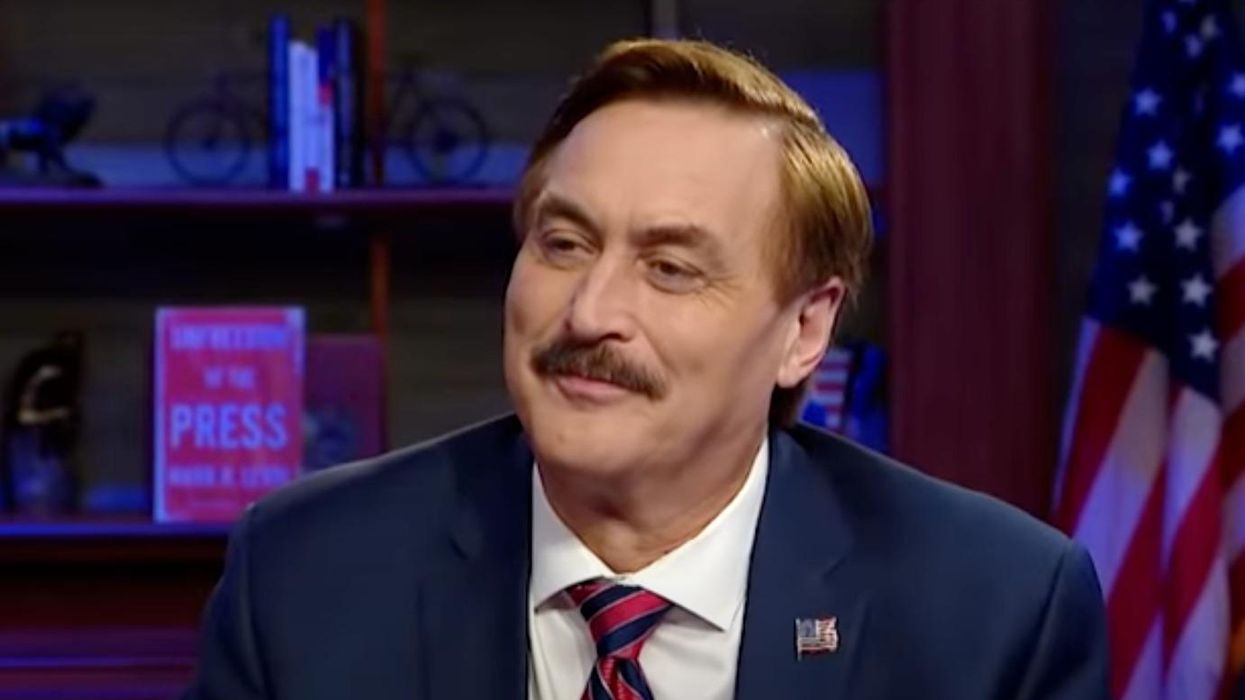White House Says Musk Won't File Public Financial Disclosure
White House Press Secretary Karoline Leavitt insists President Donald Trump’s Director of the Department of Government Efficiency, Elon Musk, is complying with all federal laws. The Trump administration is under growing pressure to release Musk’s financial disclosure form and any conflict of interest waiver the President may have signed, if there is one.
The New York Times’ Maggie Haberman, who wrote the best-selling book, Confidence Man: The Making of Donald Trump and the Breaking of America, made a rare appearance inside the White House press briefing room on Wednesday to challenge Musk’s actions.
“You talked about the transparency with DOGE and Elon Musk,” Haberman reminded Leavitt. “There is a conflict of interest law in place that says that people who have personal interests can’t interact with government entities that could touch on those. Has President Trump signed a waiver for Elon Musk, does such a thing and exist, if it does, will you guys release it in the interest of transparency that he’s committed to?”
“I have not seen the law that you are referring to,” Leavitt was quick to respond. “What I can tell you is that Elon Musk is, I’ve confirmed before, is a special government employee. He is filing the proper financial disclosure. And he is complying with all applicable federal laws.”
“As you also heard, Elon addressed this directly yesterday in the alleged conflict of interest, and he said everything he’s doing is very public, and if you all perceive a conflict of interest, you’re welcome to bring that up.”
“And as the president said, if he feels like Elon is engaging in something that’s a conflict of interest, he will tell Elon not to do that,” she claimed. “Elon also said yesterday that before he moves forward with anything, he consults with the president of the United States. So, um, we’re very confident with the ethics and the guardrails that have been put in place here.”
On Tuesday during his Oval Office press conference, Elon Musk told reporters that there is no conflict of interest.
Musk’s SpaceX reportedly received a $38.8 million contract from NASA this week.
CNN on Tuesday reported that Musk has not filed and will not file a public financial disclosure form.
“Musk, speaking in the Oval Office, sought to underscore his belief that ‘transparency is what builds trust,’ and insisted that all of his team’s efforts were being made public on DOGE’s social media accounts and website,” CNN reported. “But he also seemed to chafe at some of the scrutiny he was receiving, likening it to a ‘daily proctology exam.'”
“Earlier in the day, a White House official said Musk would not need to file a public financial disclosure, allowing the world’s richest man to skirt public scrutiny of his potential conflicts. Musk’s various companies have billions of dollars in government contracts.”
“As an unpaid special government employee who is not a commission officer, he will file a confidential financial disclosure report per the norm,” a White House official told CNN, the news outlet reported.
“We wouldn’t let him” have a conflict of interest or a lack of transparency, President Trump assured reporters Tuesday.
But the New York Times on Tuesday reported that the White House had not responded to its request “for a copy of the waiver, a document that is required under federal law to be released. Ethics waivers are typically drafted based on conflicts identified through a financial disclosure filing, so it is possible that no waiver has been prepared yet.”
Reprinted with permission from Alternet.












